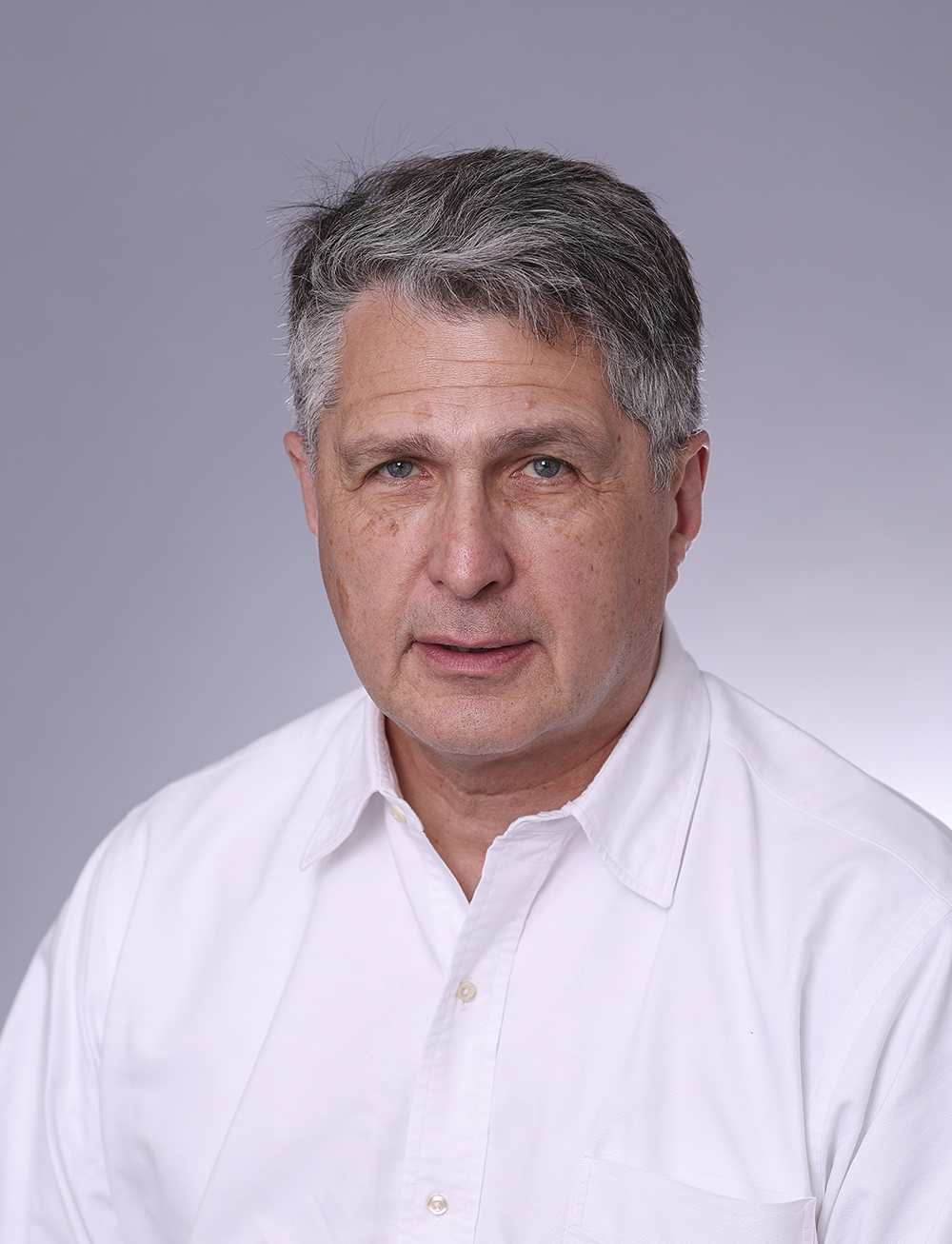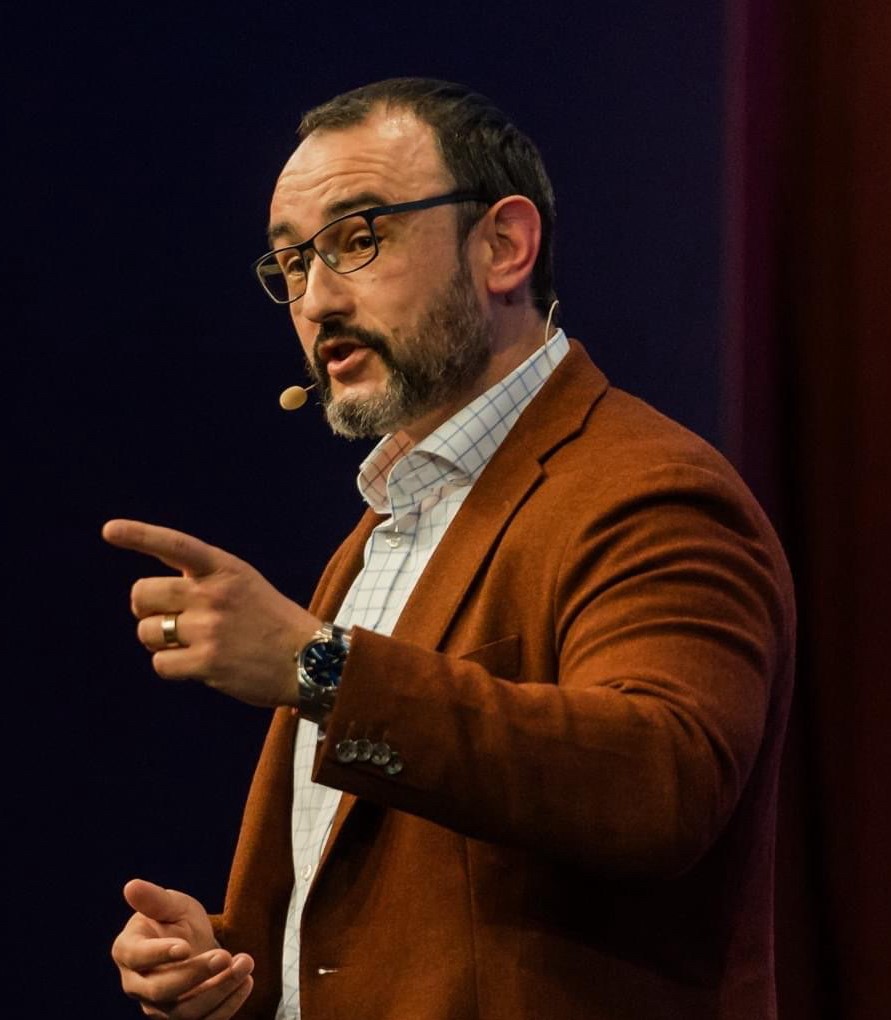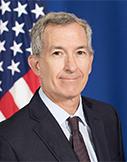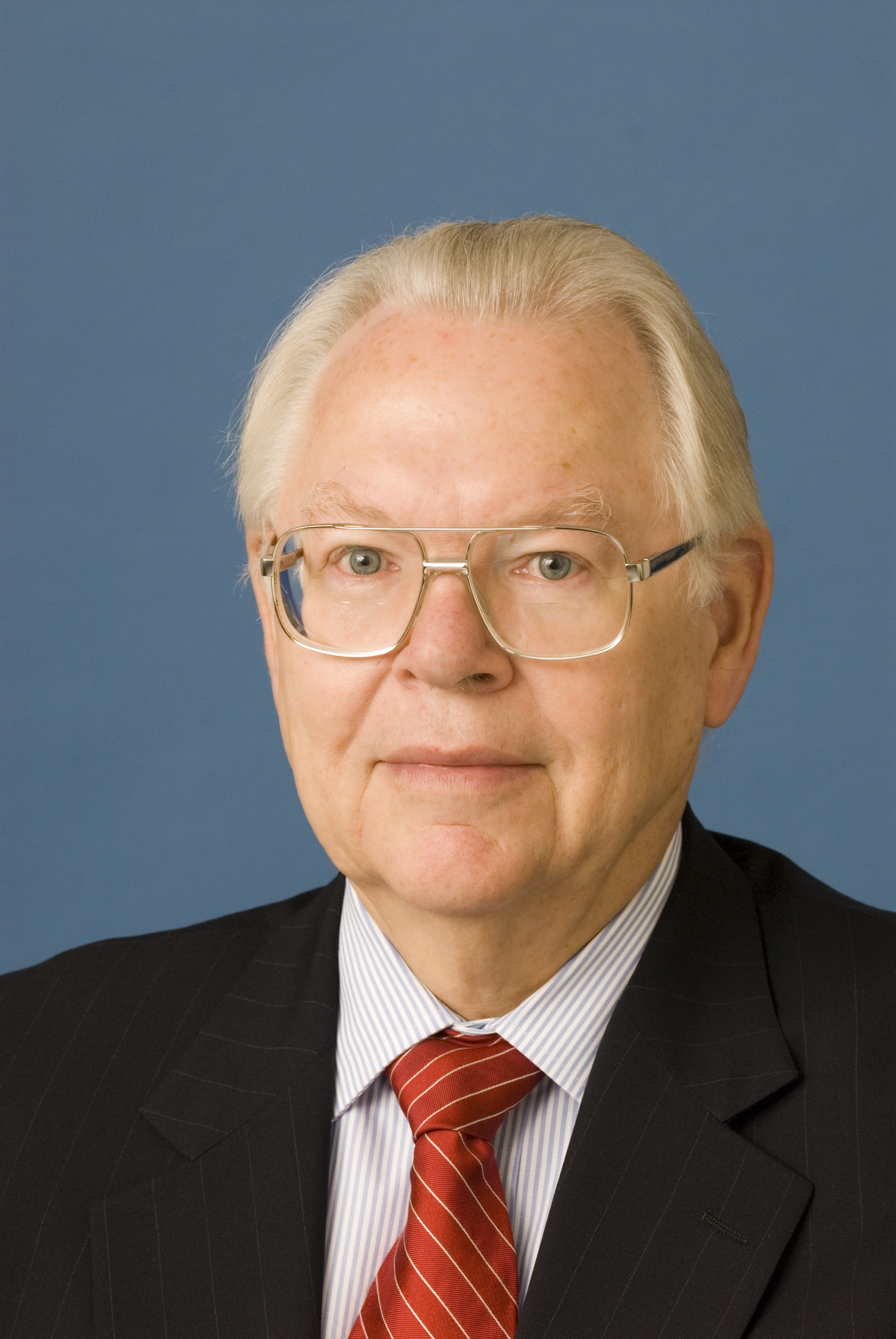
Projects — Russia and Eurasia
The Return of Global Russia: A Reassessment of the Kremlin’s International Agenda
About the Project
The Kremlin’s activist foreign policy is expanding Russian global influence at a time when the United States and other Western countries are increasingly divided or consumed by domestic problems. The Return of Global Russia project will examine the Kremlin’s ambitions to become a player in far-flung parts of the world where its influence has long been written off, the tools it is relying upon to challenge the liberal international order, and practical Western policy options for how and when to respond to this new challenge.
Programs
Russia and Eurasia
The Russia and Eurasia Program continues Carnegie’s long tradition of independent research on major political, societal, and security trends in and U.S. policy toward a region that has been upended by Russia’s war against Ukraine. Leaders regularly turn to our work for clear-eyed, relevant analyses on the region to inform their policy decisions.
Our Team
Andrew S. Weiss is the James Family Chair and vice president for studies at the Carnegie Endowment for International Peace, where he oversees research on Russia, Ukraine, and Eurasia. His graphic novel biography of Vladimir Putin, Accidental Czar: the Life and Lies of Vladimir Putin, was published by First Second/Macmillan in 2022.
Rumer, a former national intelligence officer for Russia and Eurasia at the U.S. National Intelligence Council, is a senior fellow and the director of Carnegie’s Russia and Eurasia Program.
Eric Ciaramella is a senior fellow in the Russia and Eurasia program at the Carnegie Endowment for International Peace. His work focuses on Ukraine and Russia.
Michael Kofman is a senior fellow in the Russia and Eurasia Program at the Carnegie Endowment for International Peace, where he focuses on the Russian military, Ukrainian armed forces, and Eurasian security issues.
Dara Massicot is a senior fellow in the Russia and Eurasia Program at the Carnegie Endowment for International Peace. Her work focuses on defense and security issues in Russia and Eurasia.
De Waal is a senior fellow at Carnegie Europe, specializing in Eastern Europe and the Caucasus.
Eric Green is a nonresident scholar at the Carnegie Endowment for International Peace.
Richard Sokolsky is a nonresident senior fellow in Carnegie’s Russia and Eurasia Program. His work focuses on U.S. policy toward Russia in the wake of the Ukraine crisis.
Ambassador Collins was the U.S. ambassador to the Russian Federation from 1997 to 2001 and is an expert on the former Soviet Union, its successor states, and the Middle East.









